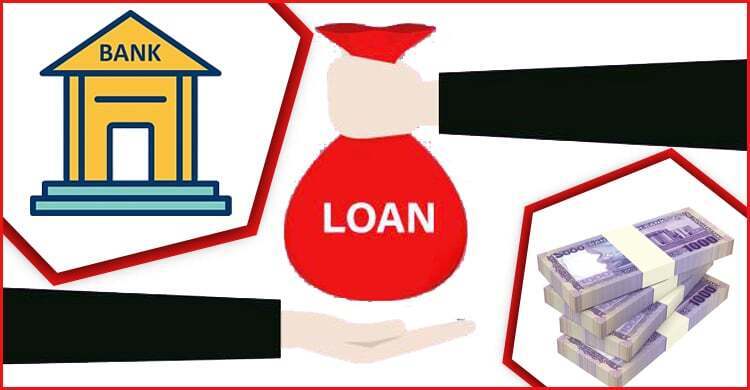Unbalanced loan distribution puts deposits at risk in 13 banks

Thirteen banks in Bangladesh are struggling to maintain a healthy balance between deposits and loans, as they exceed established lending limits.
By issuing loans beyond the permitted Advance Deposit Ratio (ADR) without sufficient security, these banks are now facing rising default rates and increasing liquidity pressure.
This trend has raised concerns over the safety of customer deposits and the risk of insolvency for some banks.
The central bank’s current ADR policy allows conventional banks to loan up to Tk 87 for every Tk 100 in deposits, while Islamic banks can loan up to Tk 92. Banks must keep undisbursed funds with Bangladesh Bank as security for customers, in compliance with Cash Reserve Ratio (CRR) and Statutory Liquidity Ratio (SLR) requirements.
However, recent Bangladesh Bank data shows that 13 banks exceeded these limits as of June, signaling potential risks to depositors' funds.
For instance, National Bank’s ADR has reached 103.64 per cent, well above the 87 per cent cap. This bank has reportedly loaned an additional Tk 17 per Tk 100 in deposits, now facing difficulty returning customer funds.
Similarly, Padma Bank's ADR is at 91.41 per cent, and AB Bank has reached 89.57 per cent, with its Islamic window soaring to 112.60 per cent—well above its permissible 92 per cent limit.
Dr Abdur Razzak, Chairman of Research and Policy Integration for Development (RAPID), pointed out that excessive lending beyond ADR limits jeopardises depositors’ funds and breaches compliance regulations. "Aggressive loan disbursement impedes collections, which in turn affects a bank’s ability to return customer funds. Heightened central bank oversight is crucial to address this," he emphasised.
Other banks facing high ADRs include Janata Bank, which has reached 90.27 per cent against its 87 per cent limit. About 74 per cent of Janata Bank’s total loans are concentrated among 23 customers, further straining its ability to manage defaults.
Basic Bank has also exceeded its limit with a 94.79 per cent ADR, while Union Bank has surged to 113.95 per cent, significantly above the allowable 92 per cent for Shariah-based banks. Notably, First Security Islami Bank has an ADR of 119.50 per cent, disbursing Tk 27 beyond the permitted limit.
A senior executive at a private bank explained, “ADRs are calculated based on deposits, provisions, and capital. When capital or provisions deteriorate, ADR becomes unmanageable. Banks exceeding these limits are indeed in a precarious position, and this has been aggravated by Bangladesh Bank’s lenient supervision.”
Bangladesh Bank Executive Director and Spokesperson Husnay Ara Shikha assured that the central bank regularly monitors ADR compliance to safeguard customer interests and penalises any violations. “We are closely watching ADR issues to protect customers. Any bank that breaches limits is subject to fines,” she said.

